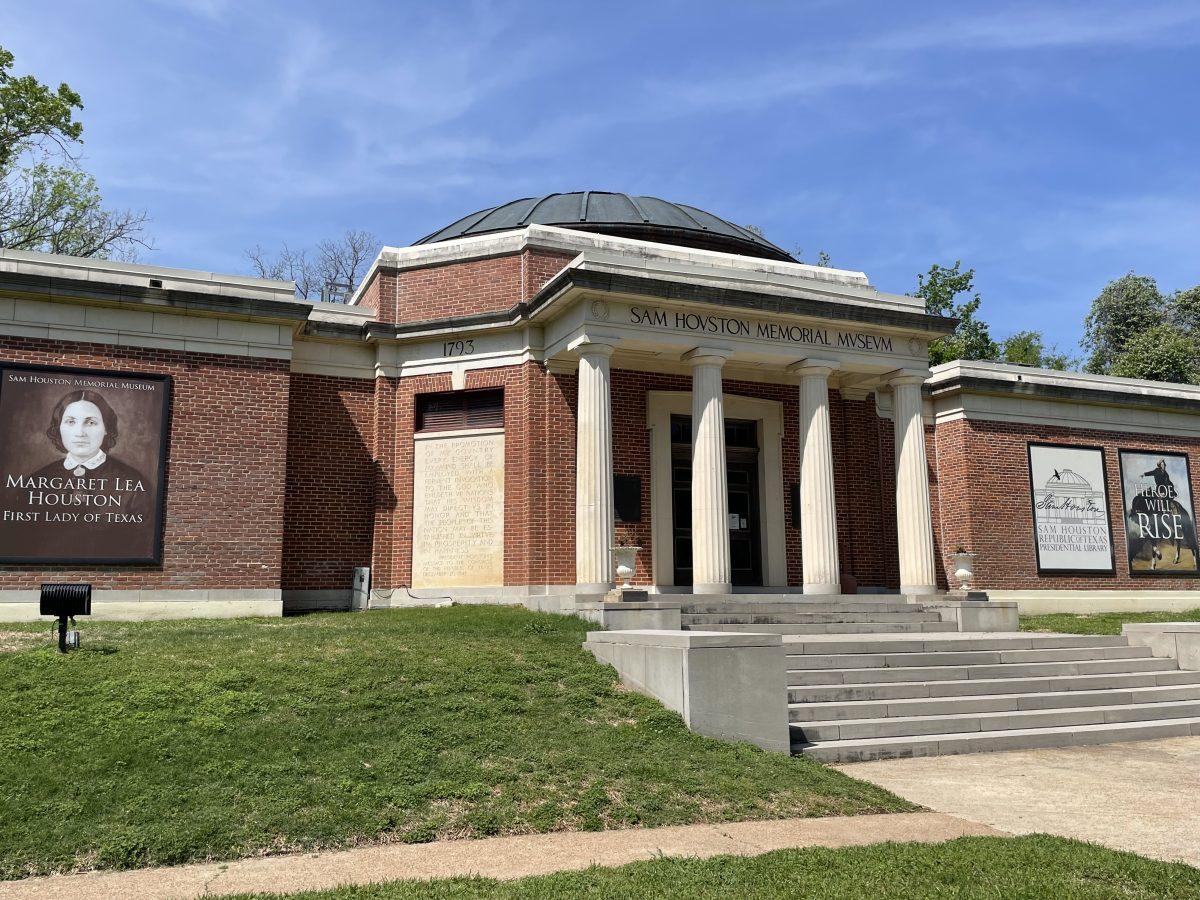Sam Houston State University Assistant of Security Studies Nathan Jones will host a book talk on his recently published book, “Mexico’s Illicit Drug Network and the State Reaction” today from 3 p.m. to 4 p.m. in the lobby of the George J. Beto Criminal Justice Center.
The book covers Jones’ fieldwork research on drug cartels and government interventions in the drug trade in Mexico.
Jones’ experiences throughout his undergrad work, his time in the national defense university institute for national strategic studies, his adviser in graduate school and spending the summer in Mexico in 2007 led to his interest in this topic.
Jones was inspired by his advisors words, “A lot of historians make their academic careers studying wars that never happen.” Jones wanted to be involved in a study of a war that was going on right now, the drug war.
According to Jones, the book talk will be a successful way to introduce the contents of the book. Jones will discuss the topic of drug wars and many other related topics such as drug prohibition reforms, the medicalization of heroin, needle exchange programs and special fugitive apprehension teams.
“Sitting down and reading a dense academic book can be difficult, so this discussion can make it a lot more fun,” Jones said. “I can tell stories that might not be included in the book, talk about some of the controversial aspects of the book like drug policy and things like that. I think it will be a fun opportunity for people to get to hear stories of what it is like to do field work.”
Jones hopes the book will inspire students to look into homeland security as a minor.
“I hope they get interested in the book and I hope they get interested in the subject and also the homeland security classes that we have,” Jones said. We have classes like border security and drug policy and security.”
The book discussed major policy issues that Jones said people should be interested in. According to Jones, views on drug imprisonment are changing.
“We are in an interesting time in American history, particularly when it relates to criminal justice,” Jones said. “Maybe we need to change the language, deal with these prisoners in a compassionate way that actually rehabilitates them. We could spend less money on that. Also, a lot of these individuals are imprisoned related to the drug war. People are just kind of tired of it.”
The legalization of marijuana at the federal level could leave lasting ramifications on prison and crime rates, according to Jones.
“That could cut into 30 to 40 percent of Mexican cartels,” Jones said. “It won’t end them, but it makes a significant dent. The repeal of alcohol did not end the Italian mafia but it certainly weakened them. You were not having gun battles on the streets anymore.”
“Mexico’s Illicit Drug Network and the State Reaction” explains the past and present of Tijuana, the cartel also known as Arellano Felix. The academic novel goes into detail about the 2008 spilt of the drug cartels in Tijuana between El Teo and El Ingeniero.
“It gives a really good history of the Tijuana Cartels,” Jones said. “It also tells the history, in broad strokes, of other cartels. It has a value in part because the Tijuana Cartel was the look of things to come.”
The Tijuana Cartel was important in the history of drug cartels because they were the first to the strategy similar to paramilitary, according to Jones.
Jones plans to write another book someday, possibly on Bolivia’s drug history and current policy.
There will be copies of “Mexico’s Illicit Drug Network and the State Reaction” available for purchase at the event. It is free to attend the book talk. Jones will read excerpts from the book, talk about his experiences in field study and answer any questions the audience has.





